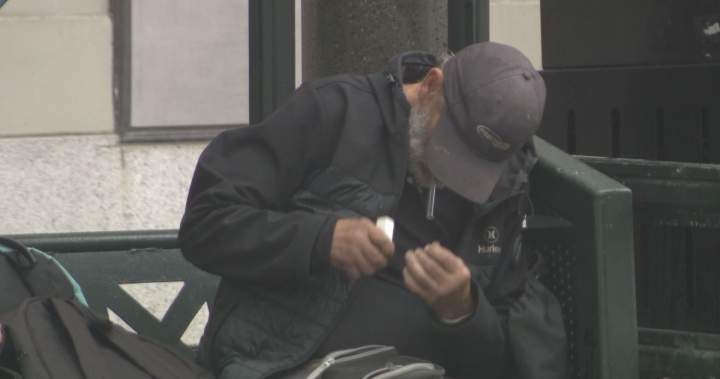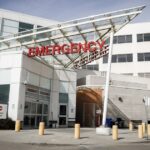The streets of New Westminster have become the latest battleground in British Columbia’s ongoing struggle with drug-related crime, prompting swift provincial intervention after mounting pressure from local officials and residents. Public Safety Minister Mike Farnworth announced yesterday a comprehensive strategy aimed at tackling the escalating situation that has left many community members feeling increasingly unsafe in their neighborhoods.
“What we’re seeing in New Westminster reflects a complex intersection of mental health challenges, addiction issues, and criminal behavior that requires a multi-faceted approach,” Farnworth stated during a press conference at the provincial legislature. “This isn’t just about enforcement—it’s about creating sustainable solutions that address root causes while ensuring community safety.”
The province’s response comes after New Westminster Mayor Patrick Johnstone’s repeated calls for assistance, highlighting a troubling rise in property crimes and public disorder incidents linked to substance abuse. Police data reveals a 32% increase in theft reports over the past six months, with businesses along Columbia Street particularly affected.
The newly announced provincial strategy includes immediate funding for expanded police presence in crime hotspots, the deployment of specialized mental health response teams, and expedited access to treatment services for those struggling with addiction. Perhaps most notably, the plan incorporates a pilot program that will establish a dedicated court to process drug-related offenses more efficiently while connecting offenders with appropriate support services.
Local business owner Maria Chen, whose storefront has been vandalized three times this year, expressed cautious optimism about the announcement. “We’ve been asking for help for months. I hope this isn’t just talk—we need real action to make our streets safe again for everyone.”
Community advocates have offered mixed reactions to the province’s approach. While some praise the balanced focus on both enforcement and treatment, others like Downtown Eastside outreach worker James Walton question whether sufficient resources are being allocated to address underlying social determinants.
“When people lack housing, mental health support, and economic opportunities, crime becomes inevitable for some,” Walton explained. “Any effective strategy needs to acknowledge these systemic issues rather than simply increasing arrests.”
The response package includes $3.7 million in immediate funding with provisions for additional resources based on quarterly effectiveness reviews. Provincial officials emphasize that this represents only the first phase of a broader strategy to address similar challenges emerging across the Lower Mainland.
Fraser Health Authority will partner with local agencies to establish a rapid-access addiction clinic in New Westminster by September, allowing for same-day assessment and treatment initiation—a critical service currently lacking in the community.
As implementation begins, questions remain about how these measures will translate into meaningful change for residents and businesses who have weathered months of deteriorating conditions. Will the province’s intervention finally turn the tide on drug-related crime in New Westminster, or is this another temporary response to a deeply entrenched social crisis that requires far more comprehensive solutions?

























